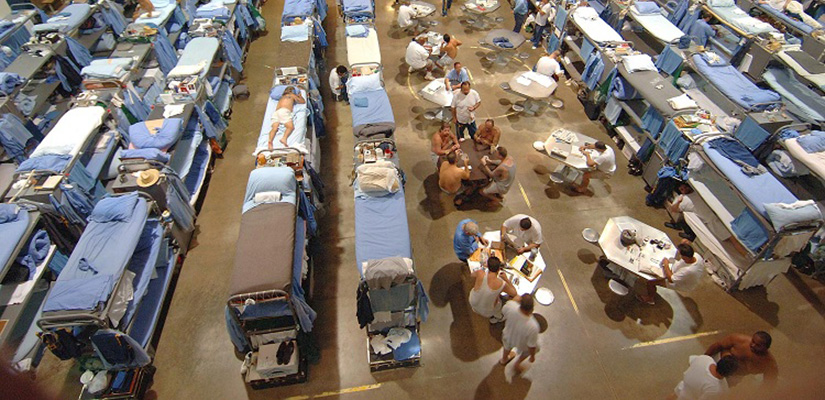If you are arrested or charged with a crime, we strongly suggest that you do not talk to the police without your attorney present. After all, when the police read you your Miranda rights, they say plainly that, “anything you say or do can and will be used against you in a court of law.”
However, as a recent California court case demonstrates, you should remain silent even if you are simply being detained in a police vehicle and have yet to be charged with a crime. If a police officer or person you are with attempts to engage you in conversation, it is important to keep quiet, as you never know who you’re talking to, who might be listening or if your conversation is being recorded.
People v. Carlos Dubose
In the recent California court case People v. Carlos Dubose (case number E054926), two defendants, Carlos Dubose and Davion Whitmore, were convicted of the murder, kidnapping, robbery and carjacking of George Onyango. A key piece of evidence in the trial was an audio recording of Dubose and Whitmore discussing the facts of their case in the back of a police vehicle after they were detained by police.
Dubose and Whitmore, 17 years and 16 years old at the time, respectively, were living in a group home as part of their probation for previous offenses. Onyango was the caretaker in the group home. After Whitmore was denied a pass to go home for the weekend, Whitmore and Dubose began plotting to run away from the group home.
The two exhibited suspicious behavior throughout the day until late in the evening, when everyone in the group home was supposed to be in bed. Dubose took a wooden rod used to hang clothes from his closet and repeatedly beat Onyango over the head with it. Whitmore then joined in, punching and kicking Onyango. Dubose and Whitmore then unlocked the group home’s locked cabinets, stole its contents (including cash), took Onyango’s wallet and took off in Onyango’s car.
Another resident in the group home found Onyango in the closet, tied up with bed sheets and extension cords. The police were notified of the situation.
Later that night, two CHP officers noticed Onyango’s car weaving in and out of traffic and going as fast as 80 miles per hour on the freeway. When the officers flashed their police car’s lights, Onyango’s car exited the freeway and crashed into a traffic sign. Dubose and Whitmore ran from the crash site, but were later apprehended by the officers.
When questioned by the officers, Dubose and Whitmore refused to identify themselves. The officers suspected the car was stolen and Dubose and Whitmore were placed in the back of the police car. Locted within the police vehicle was a tape recorder, which is standard in most police vehicles today. 
After finding Onyango’s wallet, the officers called Onyango’s home and learned from his son that Onyango worked in the group home. When the officers called the group home, they learned from a deputy about the crimes that took place there.
On tape, Dubose and Whitmore were heard discussing which crimes they would be charged with, including attempted murder and carjacking. They spoke of beating Onyango and how many of their crimes would be charged as felonies. Whitmore spoke of how he would only be tried for being an accessory to the carjacking charge since he was a passenger and Dubose drove. Dubose even asserted that they would be sent to an adult prison instead of juvenile hall.
Five days after the incident, Onyango died as a result of his injuries. Dubose was found guilty of murder, carjacking, robbery, and kidnapping. Whitmore was found guilty of murder, carjacking, robbery and kidnapping.
Should the Recording Have Been Allowed at Trial?
In a crime situation, you never who is watching or listening or how your actions are documented. Even if something you say or do is not recorded, it can be recalled by memory from a police officer’s point of view in a police report or in testimony at trial. If you are arrested for a crime or are approached by the police, it is important to always watch what you say and most importantly, have your attorney speak for you.
Dubose and Whitmore did not know they were being recorded when their conversation took place. Should the tape recording have been allowed at the trial? Should officers be allowed to record conversations in their vehicle in the first place? We would love to know your opinion on this important legal topic.



